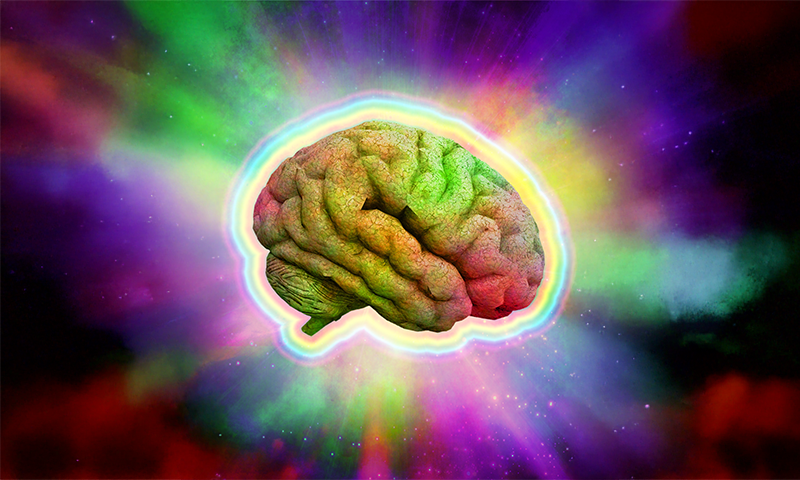Now Reading: Exploring the Science Behind Psychedelics in Your City
-
01
Exploring the Science Behind Psychedelics in Your City
Exploring the Science Behind Psychedelics in Your City

Quick Summary
- Event: The annual Psychedelic Science conference took place in Denver, featuring scientists, practitioners, and entrepreneurs discussing the latest research and applications of psychedelics.
- Topics Covered: Neuroscience lectures included discussions on psychedelics like psilocybin (found in mushrooms), MDMA, DMT, LSD, and their therapeutic applications for anxiety, post-partum depression, addiction treatment, and extreme phobias.
- Challenges in Research: Participants easily discern whether they’ve received psychedelic drugs or placebo during trials. Proposed solutions include unblinded studies or non-psychedelic analogues with similar brain plasticity effects but without perceptual changes.
- Scientific Methods: Techniques like fMRIs,EEGs,PET scans measure brain activity as proxies for psychedelic effects; however,experts warn these images can be misleading without proper context.
- Insights Shared: Increased brain connectivity linked to psilocybin is not unique to psychedelics-it is observed with stimulants like caffeine and methamphetamine too.
Lead image credit: Bruce Rolff / Shutterstock
Read More
Indian Opinion Analysis
The psychedelic Science conference reflects growing international interest in understanding the therapeutic potential of psychedelics. For India-where mental health services remain under-resourced-such developments may offer transformative insights into treating conditions like depression or addiction using innovative methods.However, challenges such as participant bias during trials highlight the need for robust scientific approaches that ensure reliable results.
Non-psychedelic analogues emerging from global research coudl resonate with India’s cautious stance on drug regulation by presenting safer yet effective options. Additionally, adopting technologies like neuroimaging tools needs careful calibration; simplistically relying on visualizations may lead to misconceptions about efficacy.
India’s biopharmaceutical industry and academic sectors would benefit from closely observing these conversations while ensuring ethical standards align with existing societal concerns over drug use.























